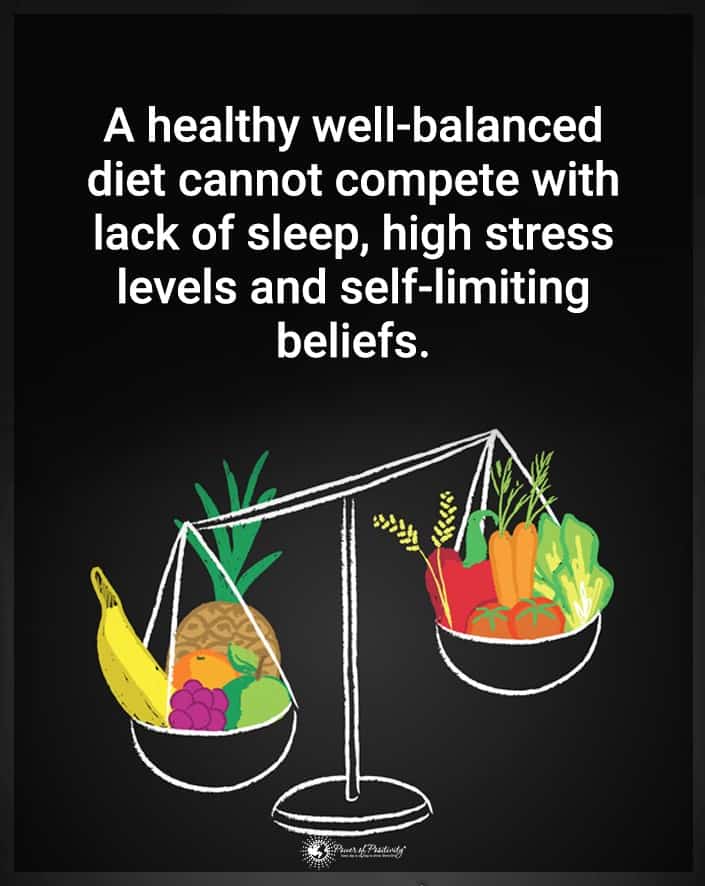Artificial sweeteners have become a popular replacement for sugar, but they come with the potential for health concerns. While they add a sweet flavor to your food and drinks, they aren’t as healthy as you think. They can raise the risk of cardiac issues, including heart attacks.
Some people switch to artificial sweeteners to consume fewer calories, while others do it to avoid the detrimental health effects of sugar. However, the switch might not be as great as it sounds. The health effects of artificial sweeteners can be deadly, meaning it’s not as great of an alternative as we’ve learned to believe.
Understanding how artificial sweeteners can raise the risk of heart attack can help you eliminate the habit. You can also learn healthy, all-natural sweeteners to add to your food and drinks. This option can give you a sweet flavor without causing health risks.
Why Artificial Sweeteners Became Popular
Artificial sweeteners became popular because they produced a sweet flavor with fewer calories than sugar. Many foods and drinks contain artificial sweeteners, so you may consume them without realizing it. You’ll often find it in the following products:
- processed foods
- sweetened beverages
- snacks labeled as low-calorie
- Low-calorie meals
- dairy products
- cereals
- baked goods

Experts indicate that artificial sweeteners are in more than 23,000 food or drink products worldwide. Many people use them in their coffee, tea, and other drinks instead of sugar.
A food label won’t usually clearly state that it contains these additives, so it’s essential to know how to look for them. The food label might even say that it has no added sugars, but that’s because they don’t include artificial sweeteners in that statement. Some of the popular artificial sweeteners include the following names:
- Aspartame: This sweetener sells under the names NutraSweet or Equal. It is much sweeter than refined sugar but not much healthier as it poses health risks.
- Acesulfame potassium: This sweetener is sometimes called acesulfame K and used for cooking and baking. You might recognize it by the brands Sunset or Sweet One.
- Sucralose: This sweetener is about 600 times sweeter than table sugar and gets used for baking and cooking. The brand name is Splenda, which is commonly used for sweetening drinks.
- Saccharin: While this sweetener is much sweeter than refined sugar, it’s not a healthier option. The brand names include Sweet’N Low, Sweet Twin, and Necta Sweet.
- Neotame: This sweetener often gets used for cooking and baking, so you’ll often find it in processed baked goods. It sells under the brand name Newtame.
How Artificial Sweeteners Can Raise Risk of Heart Attack
With cardiovascular disease being the leading cause of death, it’s essential not to ignore the risks. The World Health Organization notes an association between drinks containing artificial sweeteners and heart disease.
Studies show that artificial sweeteners can raise the risk of heart attack by nearly 9% and stroke by 18%. It can cause issues in many ways, making it a serious concern. Some of the ways it raises the risk include:
- weight gain
- high blood pressure
- inflammation
- vascular dysfunction
- altered gut microbes
- high cholesterol
The researchers followed participants for around nine years to see how the fake sweeteners affected them long-term. Artificial sweeteners increase the risk of heart attacks, angina, transient ischemic attacks, and strokes.
People who regularly consumed these sweeteners were more likely to require an angioplasty procedure than others. This procedure involves widening blocked or narrowed arteries leading to the heart. Without this procedure, death could occur.
If you’re using these sweeteners as a safer alternative to sugar, you might want to rethink your plan. It isn’t healthier and doesn’t decrease the detrimental effects of sugar. The increased risk of heart attack isn’t the only health concern, although it is the deadliest.
Other Health Risks Associated with Artificial Sweeteners
Artificial sweeteners pose more risks than you might think. Studies show that it can cause gut bacteria to invade the cells in your intestine walls. When this occurs, it can increase your risk of infection and organ failure.
Other research links these additives to obesity, even though many people use them to lose weight. It often has the opposite effect, triggering weight gain even when you reduce your calorie intake.
Another health risk associated with these sweeteners is dementia. People who consumed at least one diet drink every day were three times more likely to develop dementia. Those who drank regular soda didn’t have an increased risk, showing that the artificial sweetener was the differing factor.
Artificial sweeteners can also increase your risk of diabetes. They can disrupt your body’s ability to metabolize glucose, a risk factor for diabetes. It doesn’t end there, as these additives can make you more likely to develop cancer.
Alternatives to Artificial Sweeteners
With all these health risks associated with artificial sweeteners, it might be best to find healthier alternatives. You don’t have to switch back to sugar, as there are many other beneficial ways to sweeten your food and drinks.
Add Flavor to Your Water
Rather than consuming juice or soda, you can opt for water with natural fruit flavoring. You can add fruit to a water pitcher and then let it sit in the refrigerator. Then, when you want a sweet beverage, you can choose that instead of something unhealthy.
You can also put mint or slices of cucumber into your water to add flavor. While it might not be sweet, it will still give you something to drink rather than plain water.
Honey
Honey is an all-natural sweetener that is full of antioxidants and digestive enzymes. You can use it to sweeten your food and drinks, improving your digestive system without increasing your risk of health complications.
It can help your body fight free radicals and ease allergies as it helps strengthen your immune system. You’ll have an easier time fighting local histamines that often trigger allergies if you consume honey regularly.
However, it’s essential to mention that honey is high in calories. You might want to consider another sweetener option to lose weight.
Agave Nectar
This nectar comes from the bulb of an agave plant. It gets processed into a sweet syrup that offers a naturally healthy sweetener. Agave nectar is thick and best used in baking and beverages. Like artificial sweeteners, agave is high in calories, so keep that in mind if you want to reduce your calorie intake.
Molasses
Molasses comes from sugar beets and sugar cane. It is a thick sweetener that comes in syrup and might be light or dark in color.
Molasses is a byproduct of sugar production but contains nutrients and antioxidants that other sweeteners don’t have. It also doesn’t contribute to a spike in your blood pressure as refined sugar does. You only need a small amount of molasses to add flavor and sweetness to your food or drinks.
Monk Fruit
Monk fruit originated in China and is more than 150 times sweeter than refined sugar. However, it doesn’t have the high-calorie amount that sugar involves. You can add monk fruit to your drinks or use it as a sugar substitute in baking or on top of foods.
Dates
This fruit comes from a palm tree and is dense and sweet. Dates are full of nutrients, antioxidants, and fiber, making them a healthy option. You can use them in desserts in place of butter, sugar, or chocolate as a beneficial alternative. They’re high in calories, so keep that in mind if you’re concerned about your intake.
Xylitol
This natural sweetener is in many fruits and vegetables, typically in small amounts. You can also find it in birch trees or plant fibers. Xylitol has fewer calories than refined sugar and doesn’t contribute to increased blood sugar levels. Not only is it healthier than artificial sweeteners, but it can also improve dental health.
Stevia
This low-calorie sweetener comes from the leaves of the Stevia rebaudiana plant. It is sweeter than sugar and has minimal calories. Stevia is beneficial to sweeten drinks or foods without adding calories.
Research shows that it can help decrease blood pressure in those with hypertension without affecting normal blood pressure. Other studies indicate it can help you maintain healthy blood sugar levels, making it a healthy alternative for those with diabetes.
Yacon Syrup
This sweetener comes from the yacon plant in South America. It contains fructooligosaccharides, like soluble fibers, feeding good bacteria in your body.
Yacon syrup can also help prevent constipation and has other benefits related to soluble fiber. You can use it to sweeten your foods and drinks, but don’t overdo it because it can cause digestive problems.
Final Thoughts on Researchers Reveal Artificial Sweeteners Can Raise Risk of Heart Attack
Reducing sugar intake can benefit your health, but only if you don’t replace it with unhealthy artificial options. Using harmful additives can increase your risk of heart attack and only health concerns.
Rather than using artificial sweeteners, you can consider other options. There are many natural sweeteners you can use instead, protecting your health while still having a sweet treat.
The post Researchers Reveal Artificial Sweeteners Can Raise Risk of Heart Attack appeared first on Power of Positivity: Positive Thinking & Attitude.









